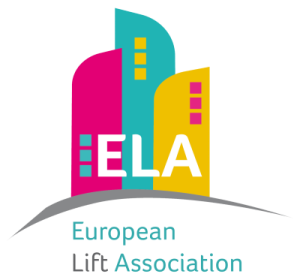Code of Conduct
The Swedish Lift Association actively works for transparent and competitively neutral operations. All operations are carried out in accordance with the Code of Conduct established by the European Lift Association, ELA.

ELA Code of Conduct for members and their representatives
It is the strict policy of ELA to comply with applicable antitrust and competition laws, including the laws of the European Union and the national laws of each Member State. Antitrust and competition laws are complex and their violation would be a serious and severe matter for ELA and its members. Therefore, participation in ELA must comply with certain principles and rules.
This Code of Conduct is intended to summarize what is expected of ELA members and their representatives when involved in ELA's activities. Member representatives who participate in meetings should have received and read ELA's Articles of Association as well as the present Code of Conduct.
- Member representatives should not attend any meeting unless they have first received an agenda for such a meeting. The representatives should keep in their files both the agenda and the minutes of each meeting, as supplied by the secretary of the meeting.
- Only subjects linked with the Association's purposes should be discussed at meetings, such as quality and product safety, new regulations, issues relating to codes and standards, product liability developments and statistics on accidents, statistics on equipment and services relating to elevators and escalators, training of installation and maintenance personnel, etc.
- Never discuss or exchange information or documents on the following or similar topics, whether formally or informally, before during or after meetings:
– boycott of (non-) member companies within the country association and/or boycott of their customers or suppliers;
– market sharing;
– supply arrangements;
– prices, pricing or the timing of price changes;
– decisions to quote or not to quote product or service offerings;
– sales volumes of single members of country association;
– investment decisions and/or R&D spending of single members of country association.
- If a member starts to discuss one of the above topics, you should object, restate the ELA policy with respect to antitrust compliance and leave the meeting. You should also contact your legal department and/or the person within your association who asked you to attend the meeting.
If the ELA Board becomes aware of any non-compliance by any member association or its representatives relating to this Code of Conduct, it will review the situation and take appropriate decisions.
